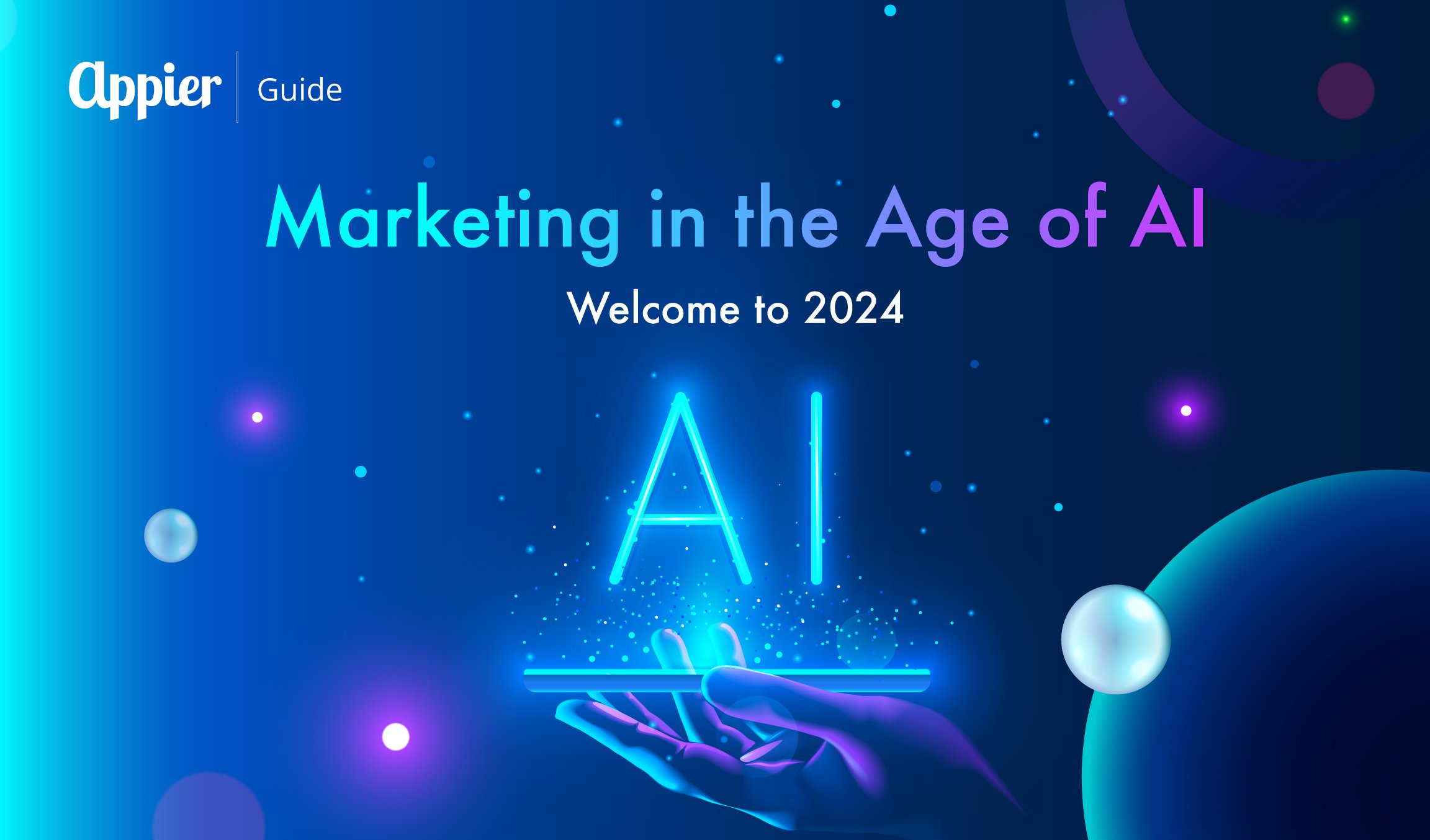3 min read
What is Digital Transformation?
Digital transformation is the integration of digital technology into all areas of a business, fundamentally changing how it operates and delivers value to customers. It's not just about adopting new technologies; it's a cultural shift that requires organizations to continually challenge the status quo, experiment, and get comfortable with failure.
In the context of marketing, digital transformation involves leveraging digital tools and media to connect with customers more effectively and increase sales. This process often includes:
- Implementing new digital technologies
- Optimizing existing processes
- Enhancing customer experiences (CX)
- Developing data-driven strategies
The Importance of Digital Transformation in Marketing
As businesses navigate the digital age, traditional marketing approaches are becoming less effective. Digital transformation in marketing offers several advantages:
- Greater reach and more precise targeting
- More accurate metrics and analytics
- Improved customer engagement and personalization
- Enhanced ability to adapt to market changes quickly
Key Components of Digital Transformation in Marketing
1. Data-Driven Decision Making
By leveraging big data and analytics, companies can gain deeper insights into customer behavior and preferences, allowing for more targeted and effective marketing strategies.
2. Personalization and Customer-Centricity
Digital transformation enables businesses to deliver personalized experiences to customers, enhancing satisfaction and loyalty.
3. Omnichannel Marketing
Integrating various digital channels to provide a seamless customer experience across all touchpoints.
4. Artificial Intelligence and Machine Learning
AI and ML can be used to automate processes, improve customer service, and provide predictive analytics for marketing campaigns.
Examples of Successful Digital Transformation in Marketing
- Netflix
- Netflix's transformation from a DVD rental service to a streaming giant is a prime example of digital transformation. By leveraging data analytics and personalization algorithms, Netflix has revolutionized how people consume entertainment.
- Domino's Pizza
- Domino's adopted AI and chatbot technology to enhance its ordering process. Customers can now order pizza through various digital channels, including Facebook Messenger, receiving real-time updates on their order status.
- AUDI
- AUDI introduced the Audi City concept, using micro-showrooms in city centers to showcase their entire catalog of car models digitally. This innovative approach has increased sales by 60% compared to traditional showrooms.
Formula for Successful Digital Transformation
While there's no one-size-fits-all approach to digital transformation, a general formula for success includes:
- Clear vision and strategy
- Leadership commitment
- Employee engagement and training
- Technology integration
- Customer-centric approach
- Continuous improvement and adaptation
Digital transformation in marketing is no longer optional; it's a necessity for businesses looking to thrive in the digital age. By staying adaptable and open to change, businesses can ensure they remain at the forefront of their industries in this digital age.
Appier: Revolutionizing Full-Funnel Marketing with AI-Powered Solutions
Appier is a leader in AI-powered full-funnel marketing solutions, offering a comprehensive suite of tools designed to optimize every stage of the customer journey.
As of 2024, Appier serves more than 1,700 customers globally, spanning various industries from finance to retail. The company's impressive client roster includes renowned brands such as Pizza Hut, Burger King, Clarins, Carrefour, Toyota, and BMW.
.png?width=1200&height=630&name=%E7%B6%B2%E7%B4%85%E5%B0%88%E6%AC%84banner_new%20(18).png)


